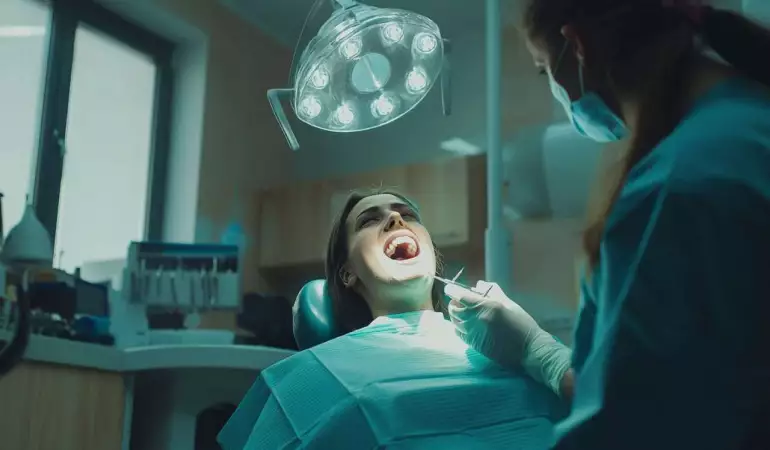Breakthrough in dentistry: root canal treatment may become unnecessary
A new treatment has been discovered to fight advanced tooth decay (cavities). This method may eliminate the need to drill teeth and treat root canals.
February 12, 2025 06:53
Could revolutionise the way dentists work
Scientists are investigating an innovative method of combating advanced tooth decay that may make it unnecessary to drill teeth and treat root canals.
This method could revolutionise the field of dentistry and offer a less invasive solution for patients suffering from severe tooth decay.
The main part of this innovation is the molecules called resolvins, which can restore damaged tooth pulp.
If successful, this discovery could make root canal treatment unnecessary and could revolutionise the way dentists treat severe tooth decay and inflammation.
Relevant for pulpitis
The study was led by Thomas Van Dyke, Vice President of the ADA Forsyth Center for Clinical and Translational Research in the USA.
T. V. Dyke highlights the importance of the study, particularly in addressing the problem of pulpitis, a widespread disease affecting millions of people.
Pulpitis, also known as inflammation of the pulp of the teeth, can develop into a serious health problem.
Pulpitis is often caused by cavities, cracks in the tooth or trauma, and develops in the presence of severe caries.
If left untreated, pulpitis can lead to infections that threaten the viability of the tooth, causing severe pain and possible loss of tooth function.
It has multiple effects
For decades, root canal treatment has been the standard solution for pulp infections, but it weakens the tooth structure.
Researchers have therefore sought to develop a method that regenerates the pulp rather than filling the canal with an inert material.
The secret of the method they discovered lies in the resolvins, in particular Resolvin E1 (RvE1), which belongs to a group of specialised inflammatory mediators.
When applied directly to infected dental pulp, RvE1 promotes regeneration, especially if the pulp is viable.
If the pulp is necrotic, RvE1 does not induce regeneration but slows down the spread of infection and reduces inflammation.
Importantly, this study was performed in mice and further studies are needed to assess the effects of RvE1 in humans and its safety in dentistry.
Potential beyond dentistry
This discovery has aroused great interest among scientists and dentists, as the potential of resolvins to revolutionise not only dentistry but also regenerative medicine.
T. V. Dyke notes that RvE1 promotes the formation of stem cells, which can become cells of teeth, bone, cartilage or adipose tissue.
This technology has great potential for regeneration-inducing techniques in a wide range of body tissues.




